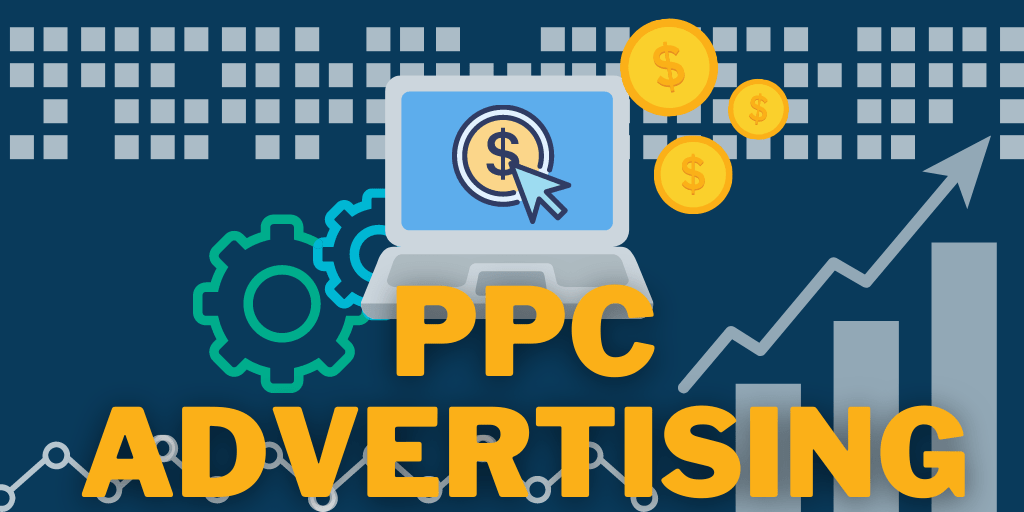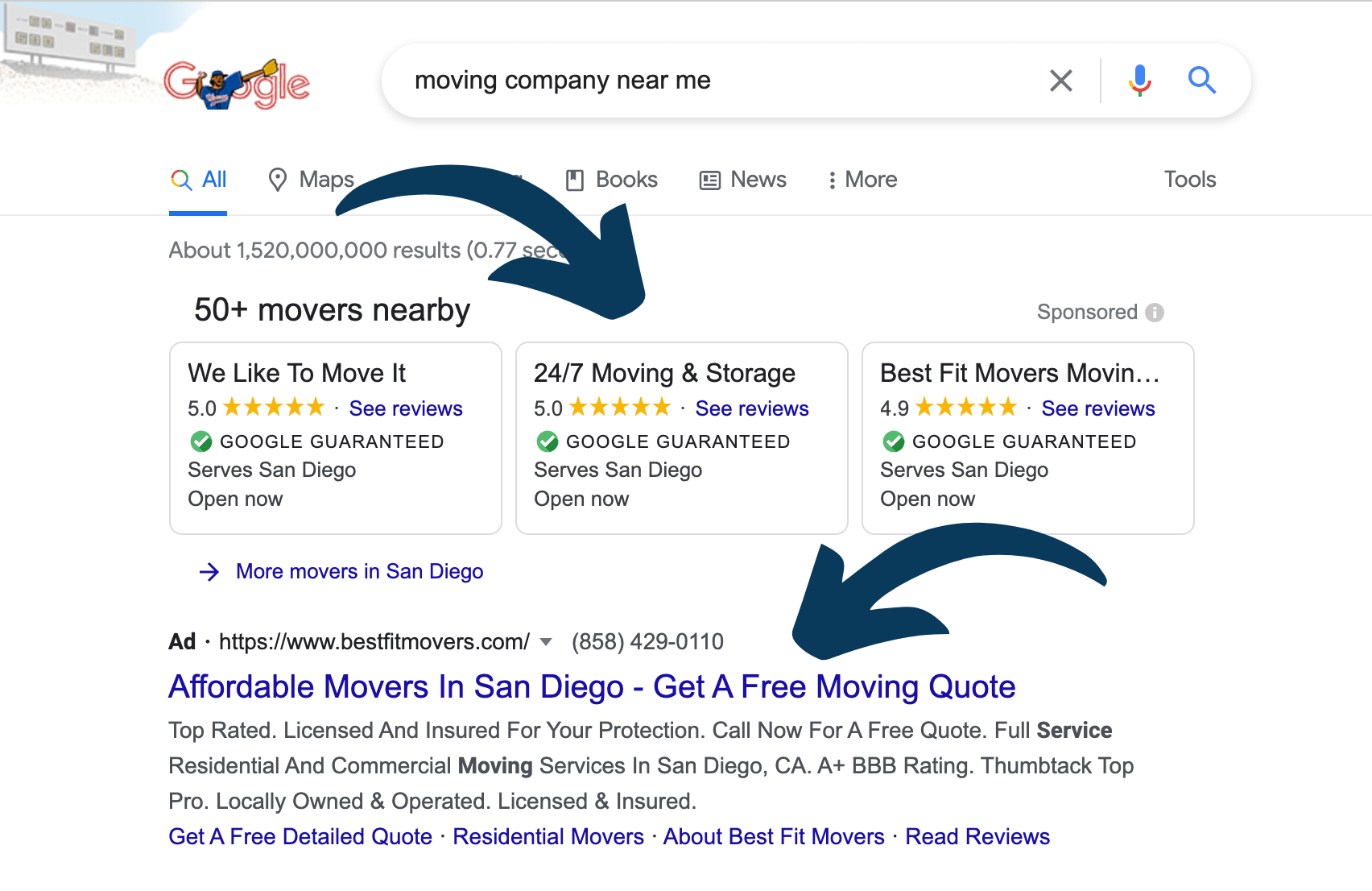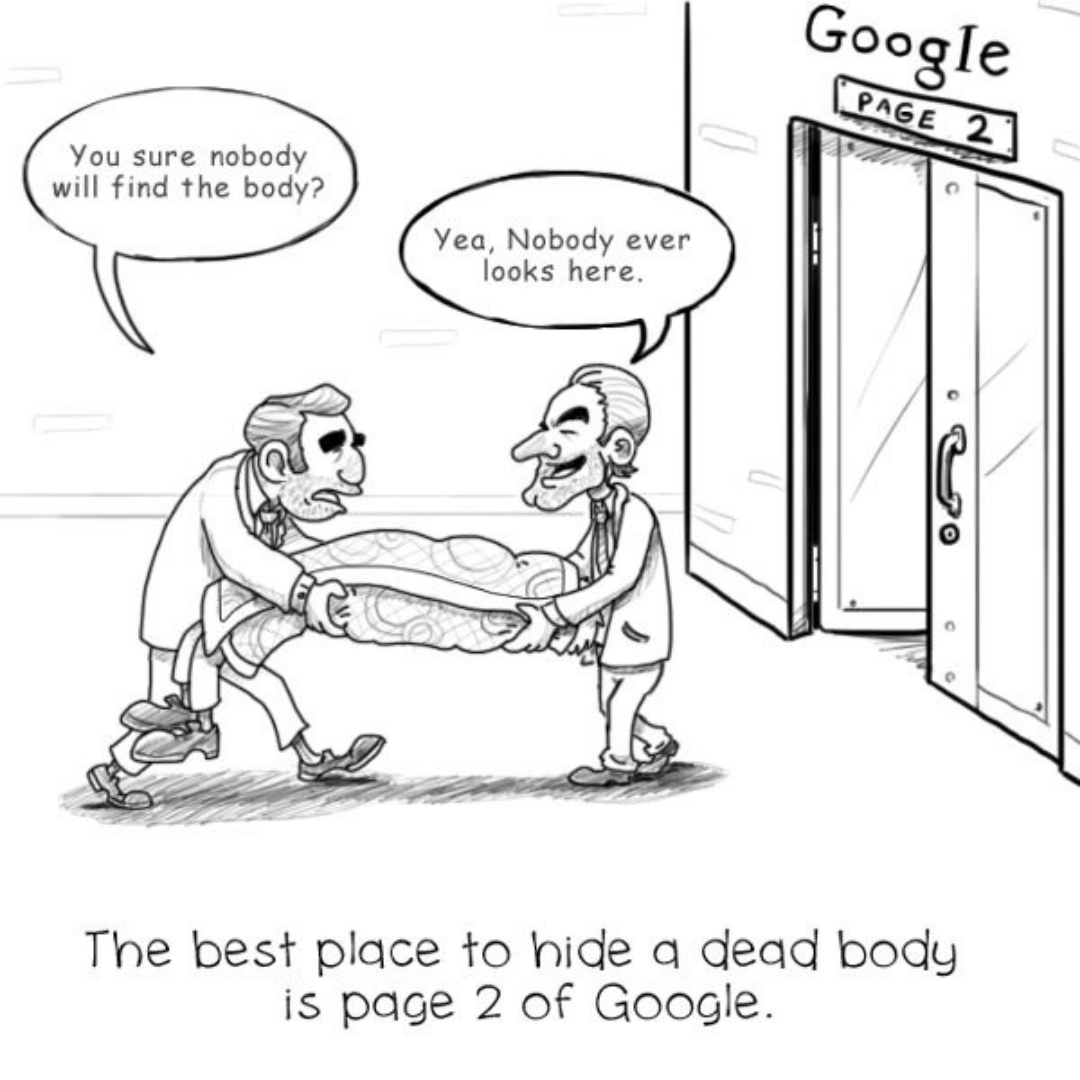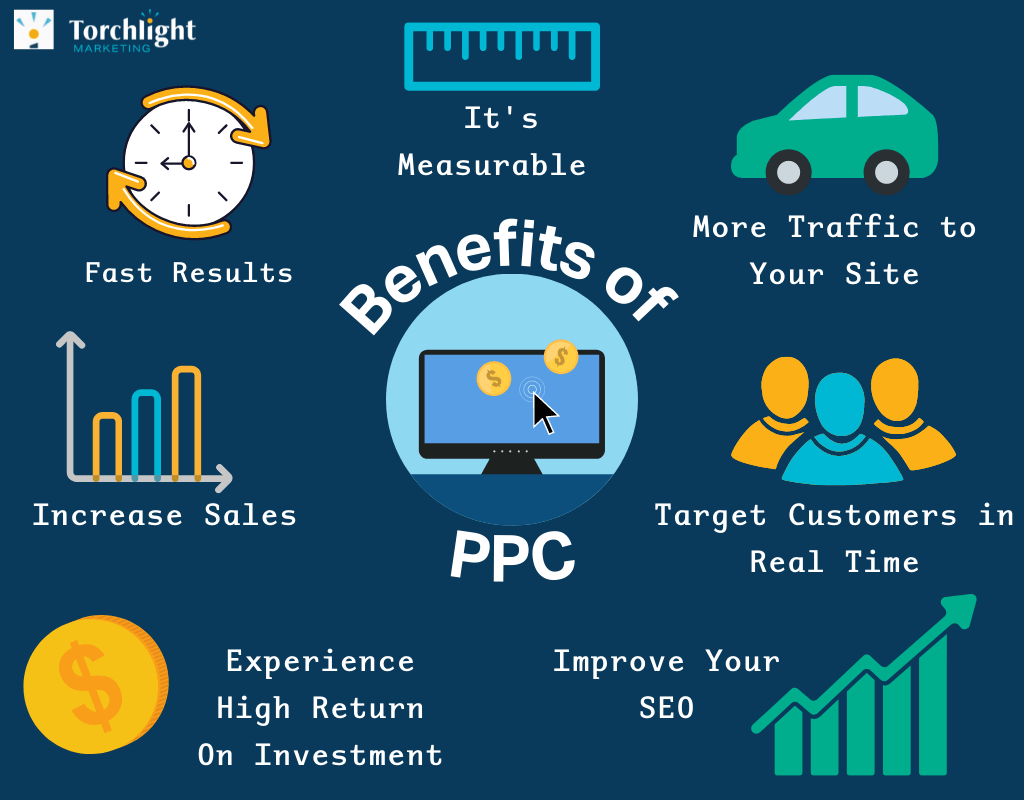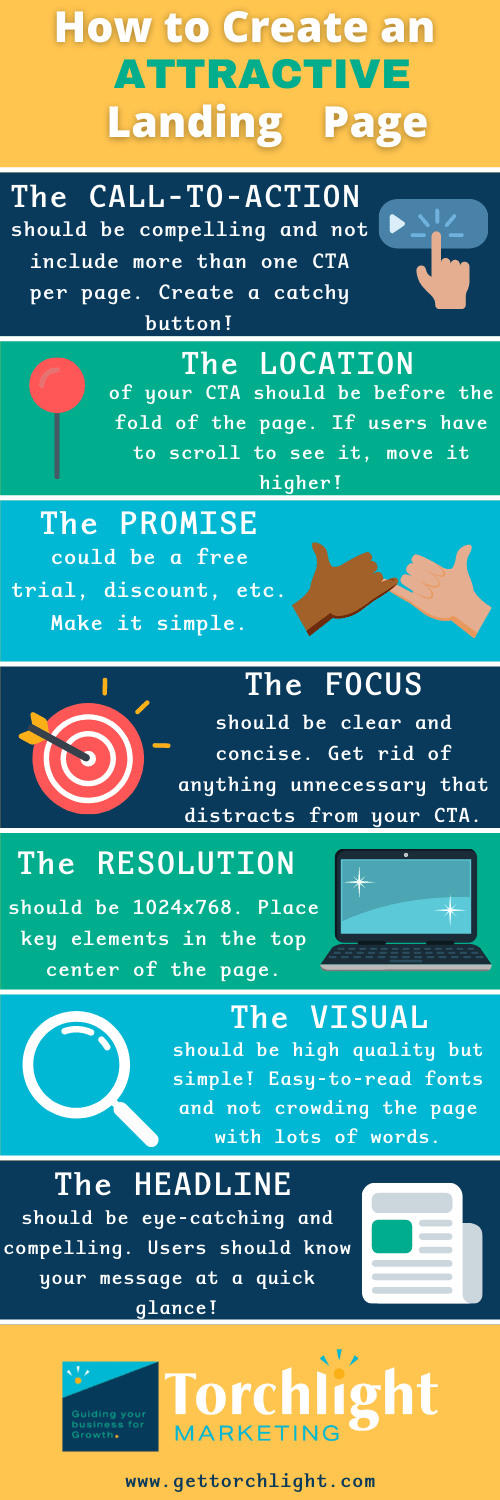Picture this: you’ve just spent an exhaustive amount of energy pouring your heart and soul into your business and have discovered something called SEO that will help improve your website’s ranking organically. You’ve discovered that while SEO is no small mountain to climb, it’s one of the best marketing tactics to focus on to increase leads and sales. You’ve read all of Torchlight Marketing’s beautifully-written blog articles on SEO and are biting your nails with anticipation waiting for the next article in their SEO series to come out (stay tuned for next month!). You’re updating your site’s content, your website speeds for desktop and mobile are lighting fast, Siri even knows your correct business location– your Search Engine Results Page (SERP) rankings are improving and you’re starting to see more leads!
But wait…there’s another, quicker, more efficient marketing method to attract new leads that could’ve produced results in as little as a few days?
Well…yes– welcome to Google Ads.
PPC, or pay-per-click, is a type of advertising used by businesses in which the advertiser pays a publisher everytime their ad or link is clicked on (pretty self-explanatory, huh). These ads are the ones you’ll see at the top of SERPs when you search for a product or service.
Now before you grab your pitchforks and torches, let me explain! SEO is still the best way to improve your website’s organic ranking on search engines. Aside from that, it is incredibly important to be well-versed in SEO to keep Google happy with your website. However when it comes to advertising and producing new leads in a time-efficient way, PPC advertising is much more effective.
As with any marketing strategy, there is a lot to unpack in the world of PPC. In this article, we’ll cover all of the basics needed to succeed in Google Ads.
What is PPC?
In order to fully understand all of the parts that make up PPC, let’s start from the beginning. PPC advertising is most commonly used across search engines and social media platforms, with the biggest and most popular being Google Ads followed by Facebook Ads.
Because you are buying a spot at or near the top of a SERP, PPC is a method of buying visits to your site rather than attracting them organically. Now I know what you might be thinking, isn’t that cheating?
No. You see, you’re not paying for fake bots to click on your site, you’re simply bidding for a spot so that your site will be one of the first sites that users see when potential customers search for your products and services and you pay when and if that customer clicks.
For instance, if I’m looking for a pair of white tennis shoes for under $50, I’ll look it up on Google. If your business happens to sell a pair of white tennis shoes for $44.95 and you’re using PPC advertising to be at the top of the SERP, well then why would I scroll to the bottom or even to the second page? (Which reminds me, if you ever want to hide a dead body, put it in the second page of Google results).
From here, your ad, landing page and product must sell me, but it’s nearly a guarantee that I’ll click on your site. Think of PPC as essentially a type of shortcut to a sale or new customer.
How Does PPC Work?
While there are many platforms and types of PPC advertising, search engine advertising is by far the most popular. This allows advertisers to “bid” on keywords for ad placement at the top of results pages. A bid represents the amount of money that an advertiser is willing to spend on a click to their website– also known as CPC or cost-per-click. CPC’s price can range from less than a dollar all the way up to $100 depending on the popularity of the keywords and the industry they are associated with.
Now I know what you’re thinking: $100 per click – that’s crazy! Certain keywords are pricey, but some advertisers are willing to pay the $100 price tag. This is a mind blowing number but also strong evidence that shows just how effective PPC advertising can be.
When PPC campaigns are working successfully,the money advertisers spend is trivial because the visit to their site is worth more than the cost of the clicks. If an advertiser spends $100 per conversion with an average sale of $3,000, then they’ve just made a pretty sizable profit.
What does a successful PPC campaign entail? Well there are many variables that affect how successful it will be, including: keyword relevance, landing pages, quality score and attractiveness of the actual ad (we’ll get into this in a minute). While the price per click varies constantly, search engines reward successful campaigns by charging them less for clicks. So while it’s important to have PPC campaigns for your business, you want to be sure you’re doing it the right way so that they can be as successful as possible.
Google Ads & Ad Rank
With over 90% of internet traffic using Google as their search engine, it’s easy to see why Google Ads (previously known as Google AdWords) is the most popular form of PPC advertising. Google Ads allows advertisers to use PPC advertising across their search engine and many of their other partner platforms.
When users search for something, Google will go into their pool of ad advertisers and select the best of the best to fill the ad spots on the search engine. Google will use what is known as “ad rank” in order to determine which ads deserve to get placed. Ad rank is a metric given to ads depending on two very important factors: the advertiser’s CPC bid and their quality score.
The quality score is made up of a few different components, including relevance, landing page, and expected click through rate– also known as CTR. Essentially, Google looks at how successful the ad is and how much the advertiser is willing to pay.
What Does a Successful PPC Campaign Look Like?
If you’re interested in starting PPC advertising, Google Ads is the way to go. It has the most traffic, and the more traffic that sees your ad, the higher CTR you’ll have.
However there are TONS of different factors that affect the success of a campaign. I won’t bore you to death so let’s go over a few of the most important:
Keyword Relevance
Keyword relevance is one of the most important factors that play into your PPC success. You want to be using keywords that are important to your product or business you are trying to advertise.
There are multiple different types of keywords you can be using. Some include branded (Amazon, Target, etc.), generic (running shoes, etc.), transactional (buy, sale, purchase, etc.), informational (top-rate, etc.) and longtail (top-rate running shoes for sale). It is recommended to use a combination of different types of keywords when preparing your PPC campaign to see which mix gets you the strongest ROI.
Landing Page
An ad’s landing page is the page a user is directed to once they click on the ad. Just because you enticed them enough to click on your ad, doesn’t mean you’ve made a profit just yet. You want your landing page to be directly relevant to your ad especially if you’re advertising a product. The last thing you would want is your landing page to be your homepage– it’s simply way to general.
Think of it like you’re buying yourself a used car. You walk onto the lot looking for a light-blue SUV with less than 50,000 miles. The car salesman says they have exactly what you’re looking for! That’s great– of course the thought of purchasing is in the back of your mind since it’s exactly what you wanted. But instead of showing you the car, the salesman takes you to the front of the lot to see all the cars.
That’s what it’s like if an advertiser sets their home page as their landing page for an ad. You want to make it as easy as possible for the user so that the sale is as easy as possible.
Quality Score
As we discussed earlier, the quality score Google gives is based on keyword relevance, CTR, and your landing page and used in your ad’s ad rank as well. Quality score is ranked on a scale of 1-10, with 8-10 generally being good. Improving your quality score can save you big dollars in your CPC!
Ad Attractiveness
When I say ad attractiveness, I don’t mean slapping a picture of a bikini model on your ad (well unless you’re advertising for swimsuits). I’m talking about how enticing (or relevant) your ad is to a user. You want your ad copy to be concise and to the point.
Takeaway
Well, that just about wraps it up. Of course there is always more to learn about PPC, but we’ll save that for another day.
Whether you’ve been on the fence about starting PPC advertising or knew absolutely nothing about it (or maybe you’re looking to improve your campaign success), I’m hoping you found what you were looking for after reading this.
Remember, as with all things digital marketing, everything goes hand-in-hand (I’m looking at you SEO!). So just because you’ve discovered what PPC is and think you’ve cracked the code, don’t let your SEO fall by the wayside. And if you don’t know what to look after for your SEO, boy do I have some great articles for you!
If you’re interested in getting started with PPC advertising for your business, don’t hesitate to contact us! PPC advertising is the core of Torchlight Marketing and we’d be thrilled to get you started.
To learn more about our PPC services, contact us on our website or give us a call at (805) 481-0118.


